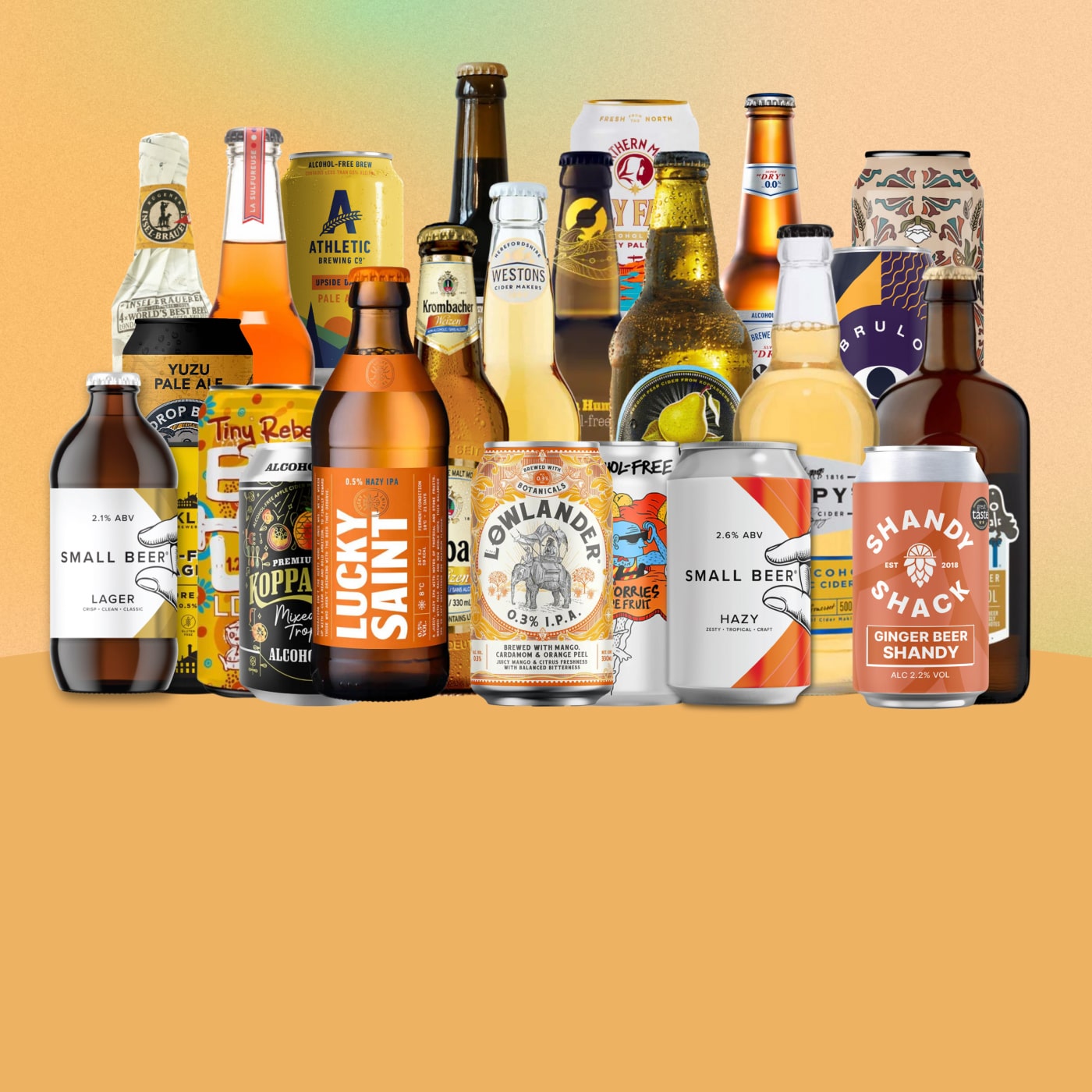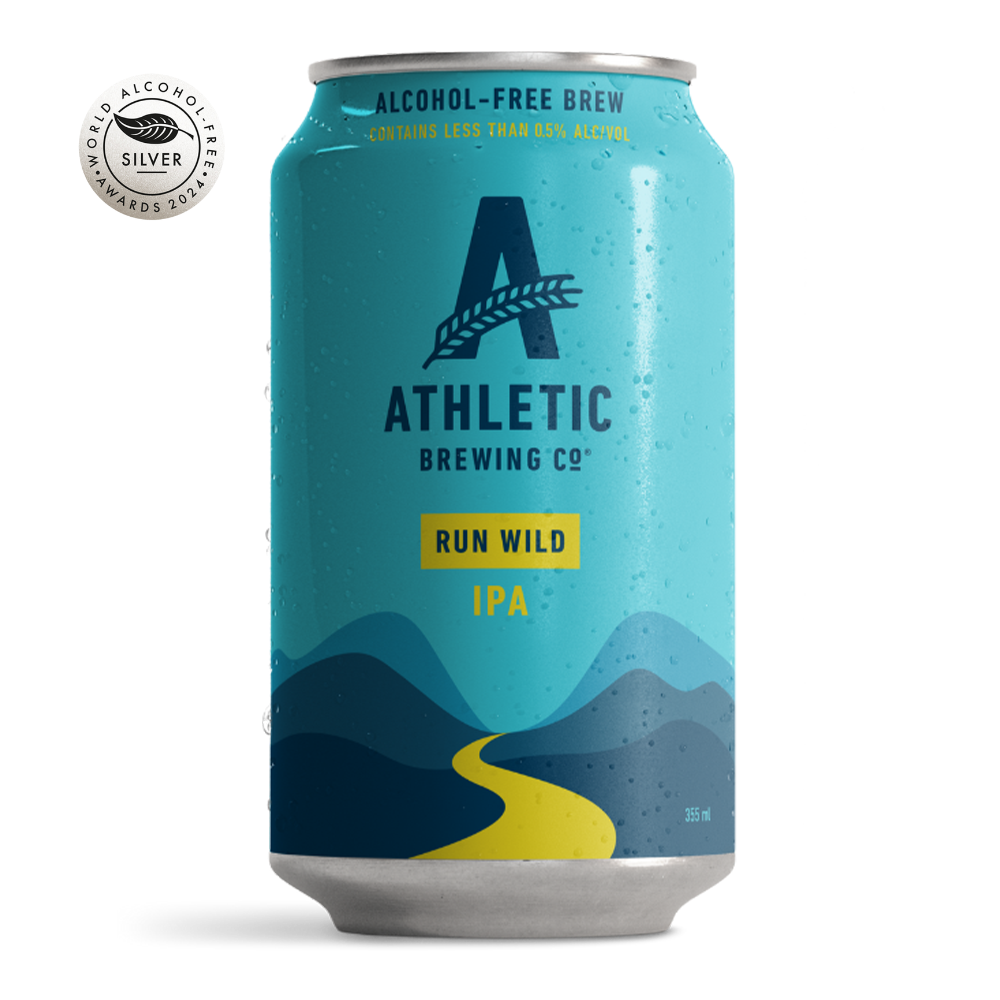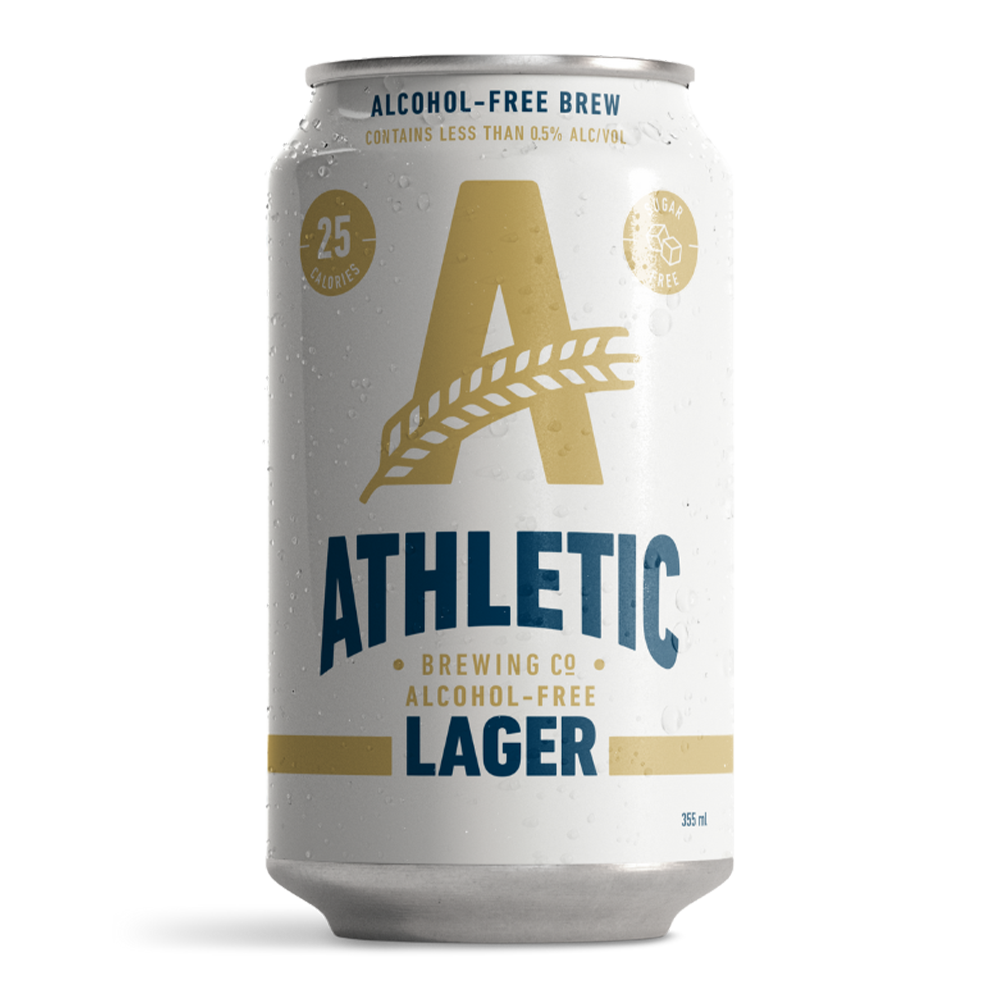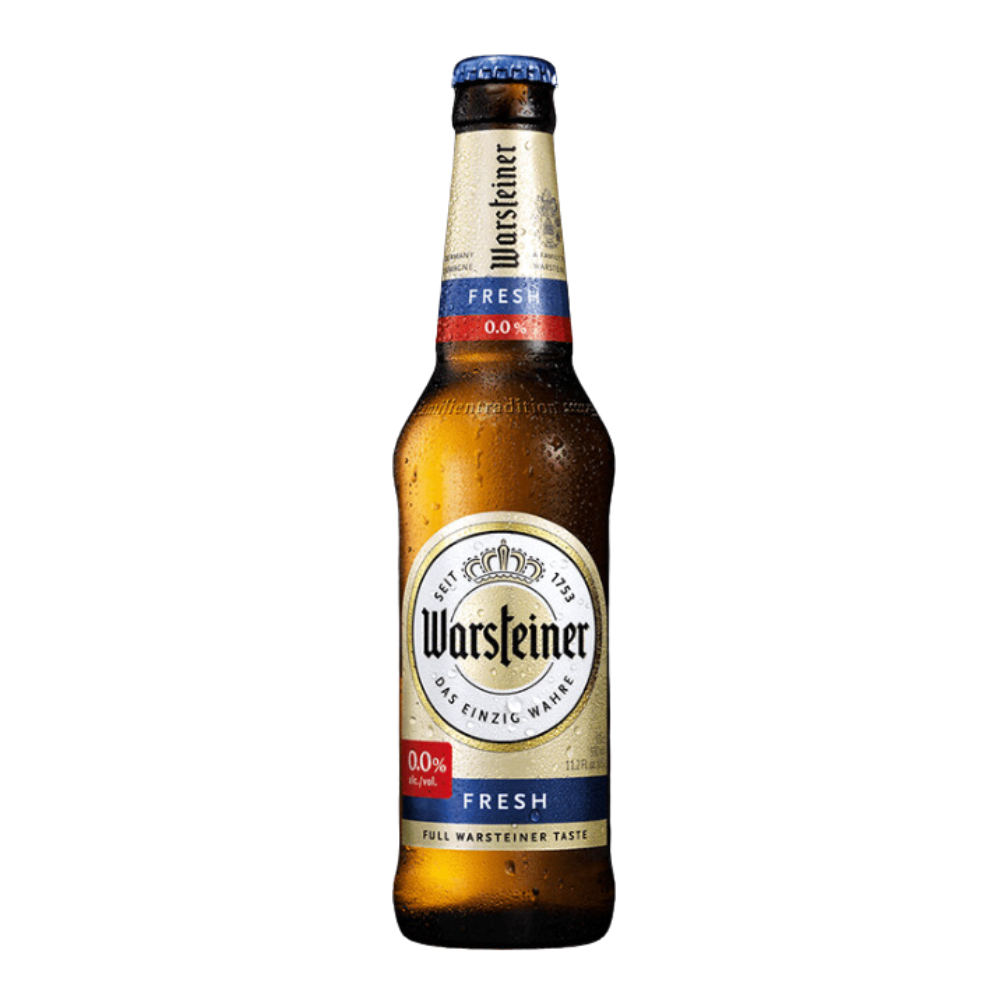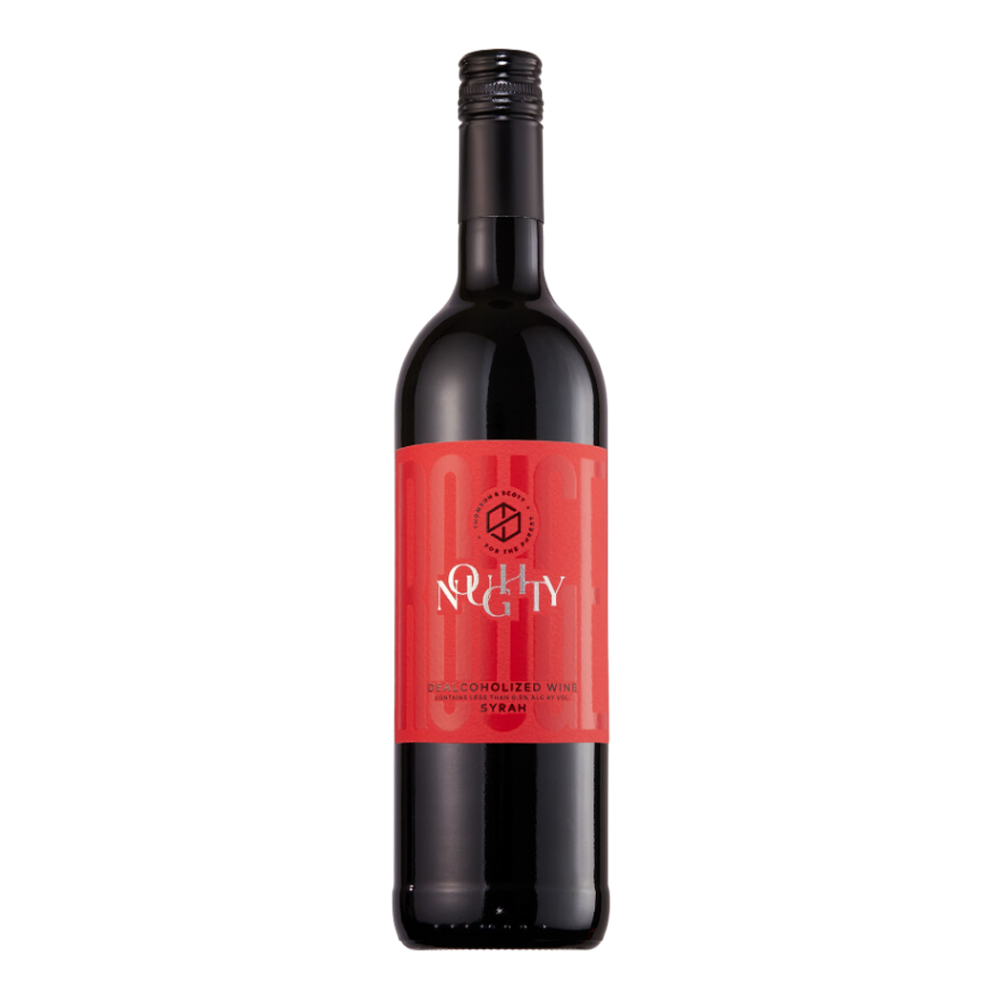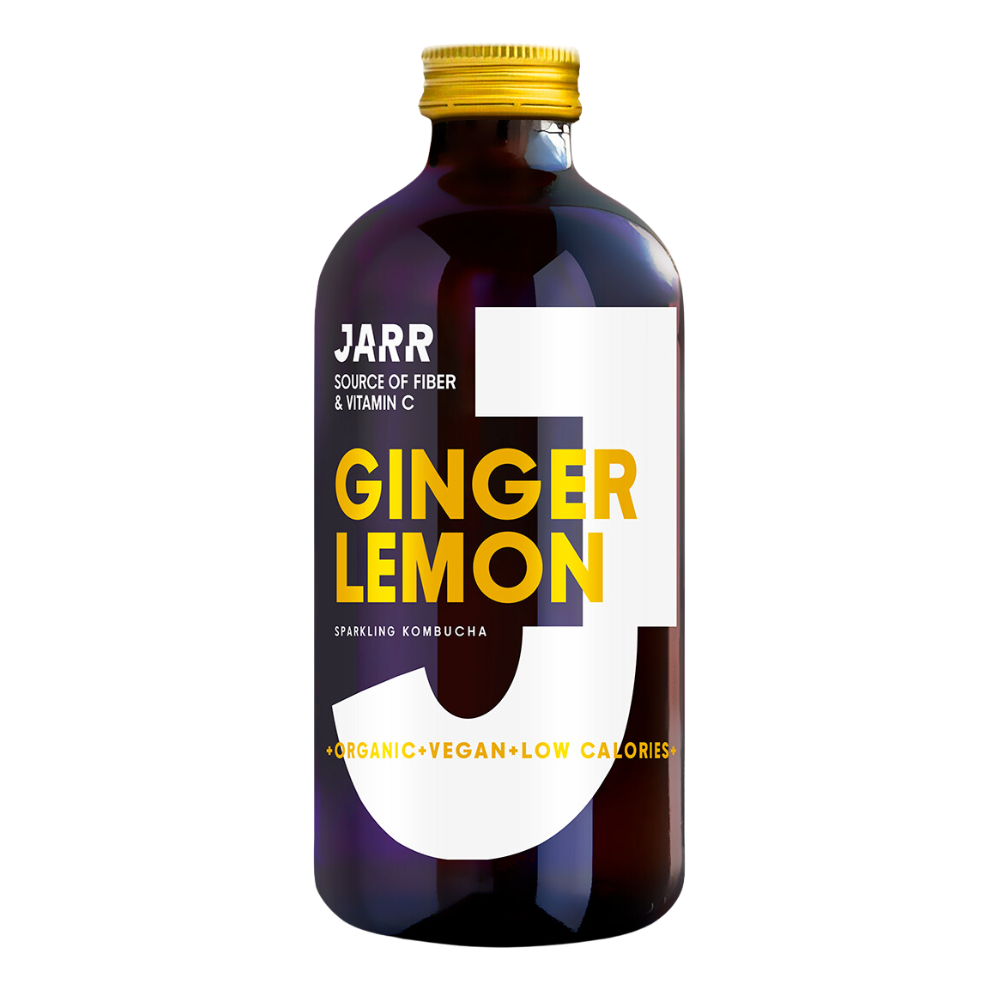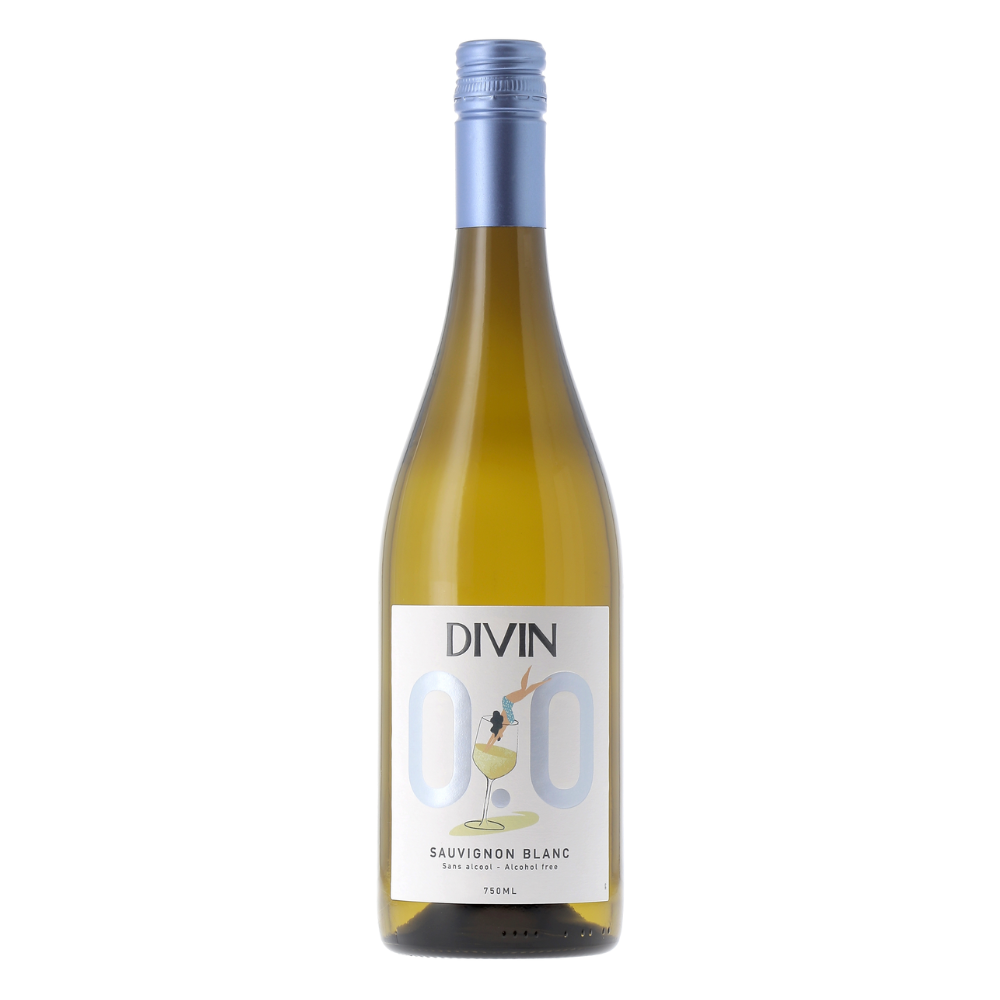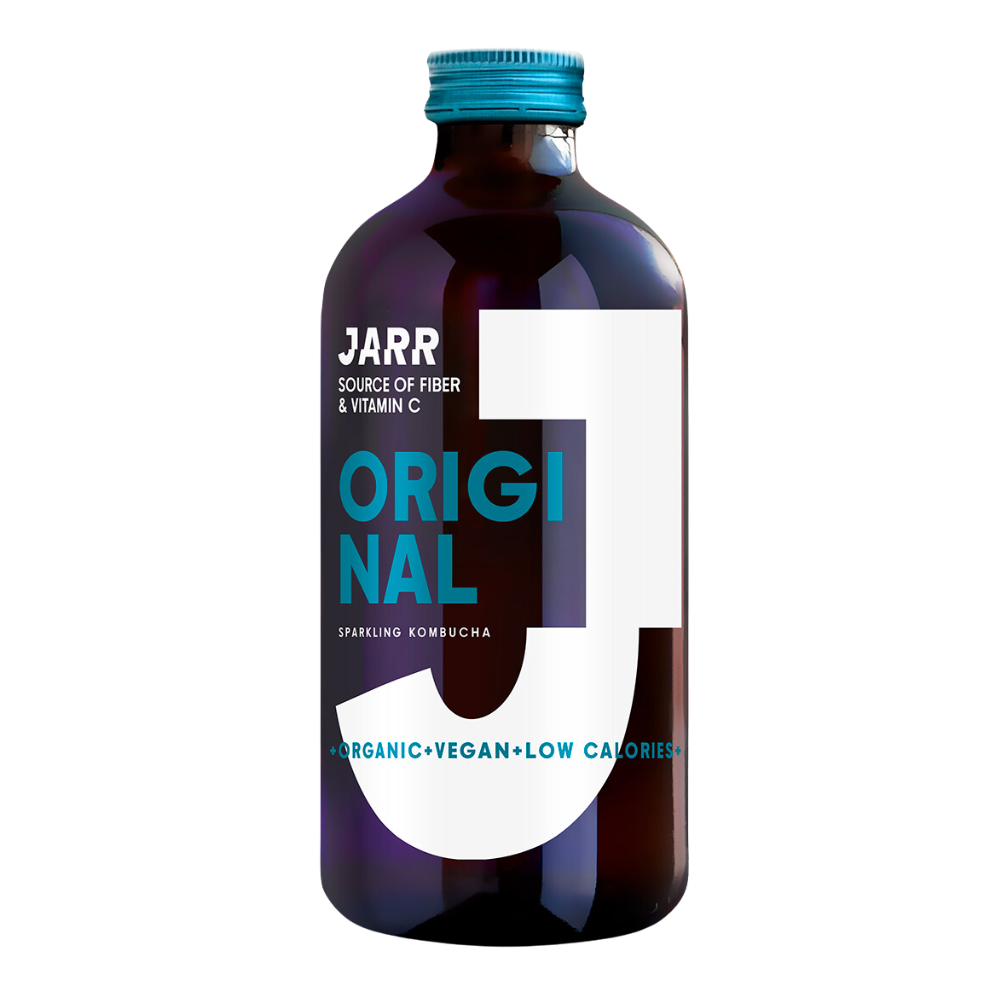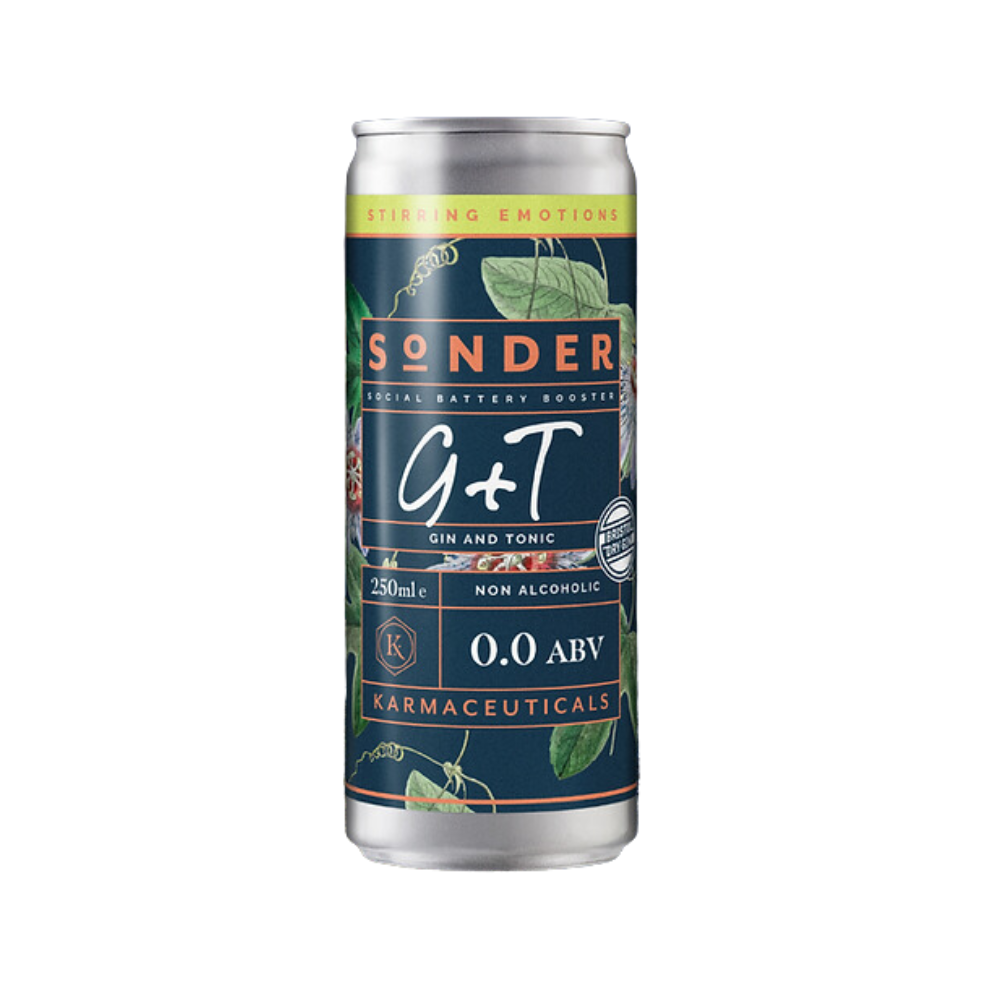Non Alcoholic Drinks and Religion
The Role of Non-Alcoholic Drinks
Across many faiths and spiritual practices, the consumption of alcohol can be a sensitive or restricted topic. For some, abstaining from alcohol is a deeply rooted aspect of their beliefs, symbolizing purity, discipline, or respect for sacred traditions. For others, certain religious occasions call for moderation or complete avoidance of alcohol to foster mindfulness and spiritual clarity.
Non-alcoholic drinks offer an inclusive and respectful way to honour these practices while still embracing celebration and community. Whether it's sharing a sparkling tea during a family gathering, toasting with alcohol-free wine at a wedding, or enjoying a flavourful alcohol-free beer at a festival, these beverages allow everyone to participate fully without compromising their beliefs.
By choosing non-alcoholic drinks, individuals can stay true to their faith while still enjoying the social and cultural experiences that bring people together. These options support spiritual well-being and help create inclusive spaces where traditions and modern lifestyles harmoniously coexist.
Shop Low Sugar Drinks




